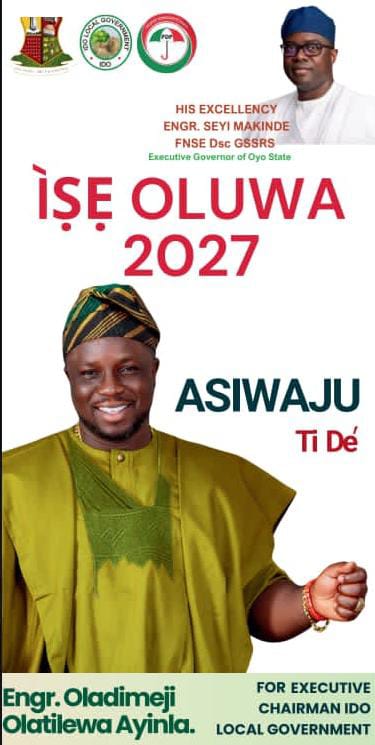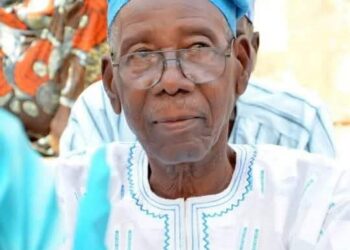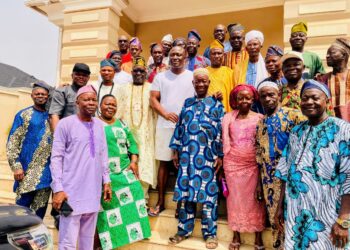I have listened carefully to the Federal Government’s explanation regarding considering Fuji musician Wasiu Ayinde (KWAM 1) and Ms. Comfort Emmanson for ambassadorial roles in the aviation sector. According to the Honourable Minister of Aviation and Aerospace Development, Festus Keyamo, these positions are voluntary, unpaid, and aimed at turning repentant offenders into advocates for good conduct, a form of community service practiced globally.

While I appreciate the intent, I must respectfully but firmly disagree with the method, the timing, and the symbolism involved.
First, timing matters.
Both incidents, KWAM 1’s altercation at the Nnamdi Azikiwe International Airport and Ms. Emmanson’s disruption on an Ibom Air flight, remain fresh in public memory. Elevating the individuals involved to the title of “ambassador” so soon after sanctions were lifted sends a dangerous signal: that misconduct in public transport can be swiftly converted into prominence. Repentance is proven over time through consistent good conduct, not secured by a single act of apology.

Second, symbolism matters.
Regardless of pay or perks, the title “ambassador” carries moral weight. It denotes honor, trust, and a standard of behavior for others to emulate. Bestowing it on individuals whose most recent public actions involved disorder undermines both the deterrent effect of penalties and the seriousness of the role.


Third, morality and public trust matter.
Islamic teaching, in Surah al-Ma’idah (5:2), is clear: “Do not help one another in sin and transgression, but help one another in righteousness and piety.” Public education campaigns against misconduct are commendable, but the messenger must embody the message over time. Otherwise, we risk promoting the very behavior we seek to condemn.
From my own experience, I know what it means to earn such a role. Over eight years ago, I was appointed as an ambassador based on integrity, discipline, and service, and I have worked to uphold that trust ever since. This is not about denying forgiveness or opposing rehabilitation. It is about ensuring that rehabilitation does not appear to be a shortcut to honor, especially in a country grappling with rising violence and public disorder.

If the government wishes to engage these individuals in advocacy work, there are many avenues to do so without conferring titles that carry national prestige. Let repentance be demonstrated consistently before it is crowned with symbolic honors. Forgiveness is divine. Rehabilitation is noble. But leadership in any form must rest on a higher moral standard.

Amb. Mallam Ibrahim Agunbiade
Taalib Jami’ei, Islamic Propagation Rabwa Saudi Arabia
agunbiadeib@gmail.com
Friday (Yawm Al-Jumu’ah) 21st Safar 1447 / 15th August 2025


You can get every of our news as soon as they drop on WhatsApp ...To get all news updates, Join our WhatsApp Group (Click Here)
















